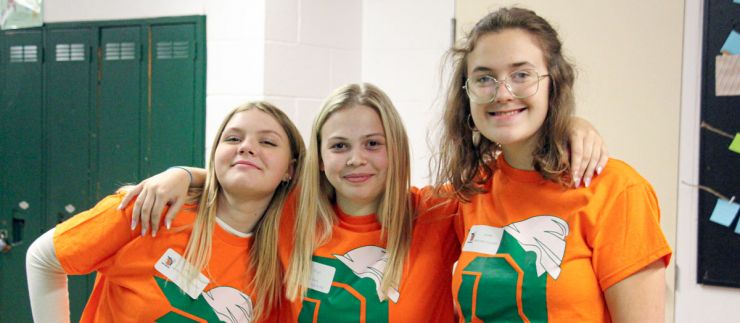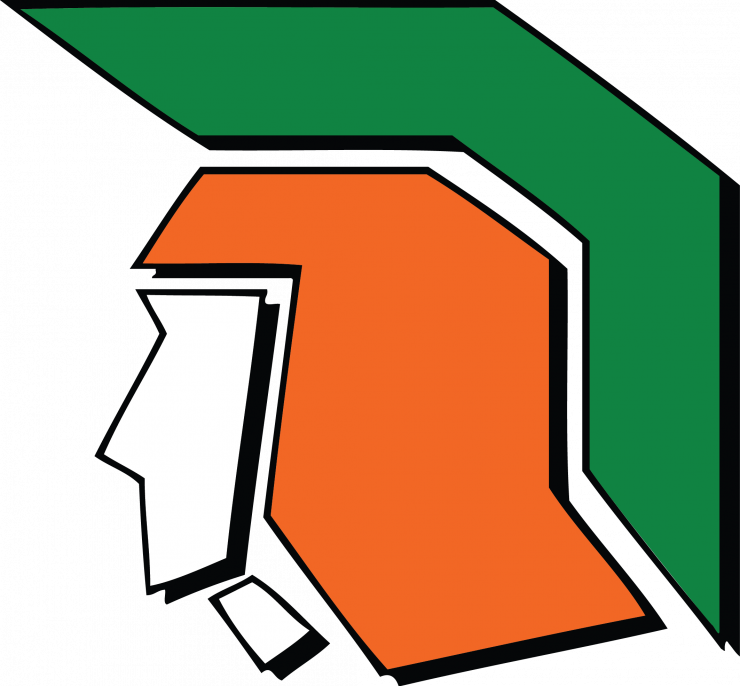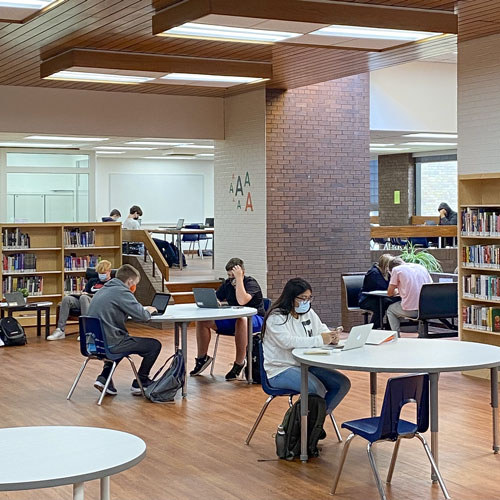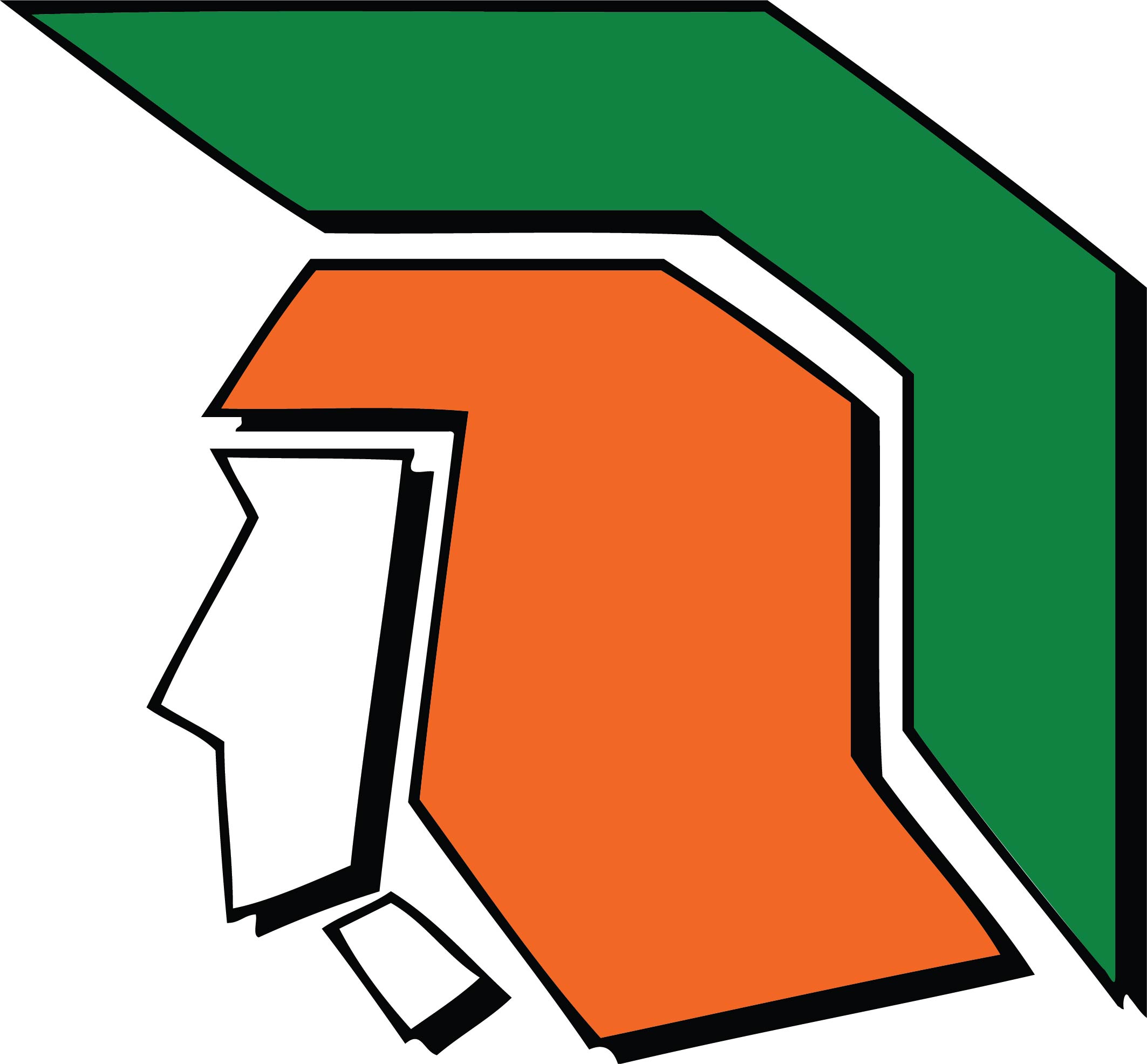

School Profile 2024-25
Programs
Co-Operative Education (Co-Op)
Co-op is a planned learning experience that integrates classroom theory and learning experiences at a workplace which enable students to apply and refine the knowledge and skills acquired in a related curriculum course or a locally developed course. Co-op courses include a classroom component comprised of pre-placement and integration activities and a placement component.
Students earn co-op credits by integrating classroom theory with planned learning experiences in the community. Students are assessed and evaluated on their demonstration of tasks linked to curriculum expectations of the related course(s) as outlined in Students’ Cooperative Education Learning Plan.
Students interested in Co-op Education must apply for the program and complete an interview. Successful candidates will be notified and the recruitment process of an appropriate placement will follow. There is no formal restriction on the total number of co-op credits that students may earn in secondary school.
OYAP
 |
Students gain knowledge and experience in an apprenticeable trade while working at an eligible work placement. Students acquire hours toward the completion of their apprenticeship while earning credits.
An apprenticeship is an agreement between the student (who wants to learn a skilled trade), the school, the employer (who teaches the skills) and the Students’ Cooperative Education Learning Plan.
Students will get a head start on becoming a fully qualified journey person with a skill set that is in demand. Apprenticeships are an excellent way of learning valuable
work skills and are a viable alternative to traditional post secondary programs.
For more information speak to your school’s Co-op or OYAP teacher.
Visit www.apprenticesearch.com
To Begin an Apprenticeship During Secondary School a Student Must:
- Successfully complete 16 credits and be enrolled full-time in school
- Be 16 years of age or older
- Successfully complete the Ontario Secondary School Literacy Requirement
- Complete all compulsory credits required for an Ontario Secondary School Diploma
Visit www.apprenticesearch.com
To Begin an Apprenticeship During Secondary School a Student Must:
- Successfully complete 16 credits and be enrolled full-time in school
- Be 16 years of age or older
- Successfully complete the Ontario Secondary School Literacy Requirement
- Complete all compulsory credits required for an Ontario Secondary School Diploma
Advanced Placement (AP)®
The Advanced Placement® Program allows students to pursue university level studies while still attending secondary school. In May of each year, students may wish to write the standardized AP® challenge exam in the course offered by their school. Students have an opportunity to receive advanced credit at many universities across Canada, the United States, and around the world.
Advanced Placement® Exams train students in taking high level tests, get a head start on university-level work and develop the study habits necessary for tackling rigorous course work essential for success at the tertiary level of education. Students wishing to write the exam should contact their guidance department for more information.
Due to the rigorous nature of the AP® exam, some schools will be offering a Pre-AP® program for students prior to Grade 12. A Pre-AP® program allows students the time to expand and enhance their understanding of the subject material being tested during the exam while still meeting the requirements of the Ontario Curriculum. These programs may begin as early as Grade 9 via enhanced classes and/or club formats. For more information, please talk to the guidance department at the secondary school you are attending.
Our AP® Program
Biology
Increased incorporated AP® content through SBI3U & SBI4U
Calculus AB
Pre-AP ® activities in Grade 9, 10 and 11: contests, opportunity for independent enrichment assignments Cluster MHF4U and MCV4U Semester 1 and 2 (compact)
Chemistry
 |
Increased incorporated AP® content through SCH3U & SCH4U
Computer Science
Accelerated learning of standard curriculum in grades 11 and 12, followed by AP® preparation
English Literature
Grade 10, and 11 Pre-AP® English (ENG1DA/2DA & ENG3UA) Tie AP® to ENG4UA
Physics
Accelerated learning of standard curriculum in grades 11 and 12, followed by AP® preparation
Studio Art
Differentiate through AP® portfolio in Grade 12 (AVI4M) Pre-AP® activities in Grades 9, 10 and 11 (AVI1O, AVI2O and AVI3M), AP® focused class in grade 10 art (AVI2OA)
French Immersion
The aim of the French Immersion program is to:
- Provide a quality educational program that meets the expectations of the Ontario Curriculum
- Develop and refine students’ ability to communicate (understand, speak, read and write) with confidence in the French language
- Help students understand and appreciate Canada’s francophone heritage and the French culture and language throughout the world
- Expand students’ knowledge of the language through the study of francophone literature and research
- By the end of the four-year French Immersion program in secondary school, students will:
- Participate easily in either language, at home, work or travel
- Be able to pursue post-secondary studies, or accept professional training in either French or English
- Be able to undertake employment in both French or English
- Schools may grant a certificate in French Immersion if the student has successfully completed the sequence of four courses in French Immersion and a minimum of six courses in other subjects taught in French.
- Students are provided the opportunity to challenge the Diplôme d'Études Françaises (an international certification) in their grade 12 year
Dual Credits
North Park Collegiate has 3 dual credit opportunities. These classes are taught by college professors within a NPC classroom environment. The college staff takes the lead and the secondary teacher supports the program in a wide variety of ways. Students earn a college credit at the same time as earning their secondary school credit. NPC currently offers the following:
Architecture and Design
Alternating AutoCAD and Revit with Fanshawe College in NPC classes TDA3MM/TDA4MM
Audio Post-Production
With Mohawk College in NPC classes TGR3MM/ TRG4MM
Print and Graphic Communication with Mohawk College
With Mohawk College in NPC class TGG4MM



